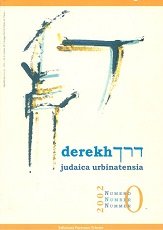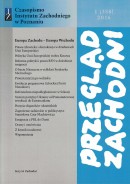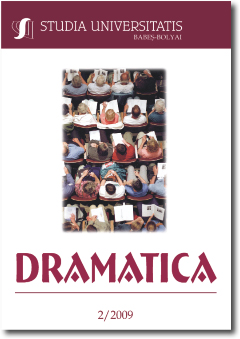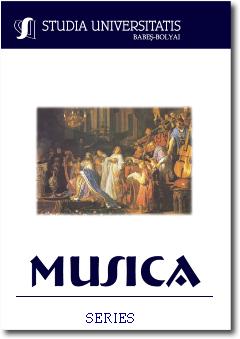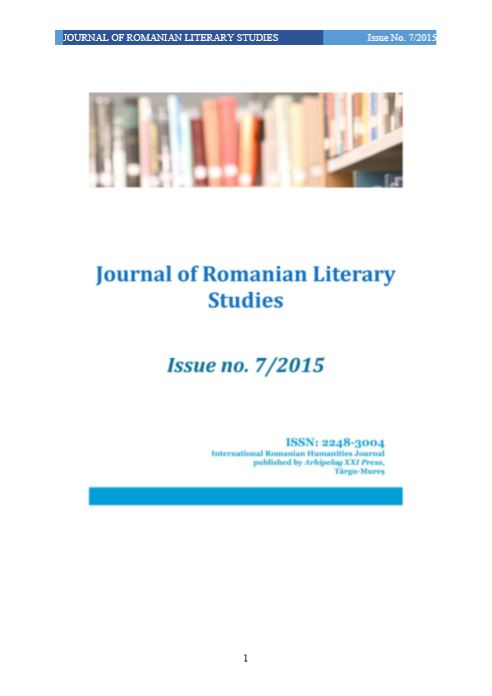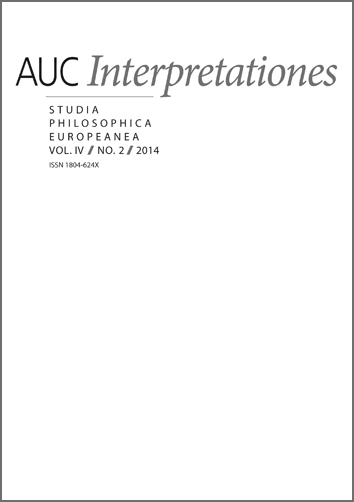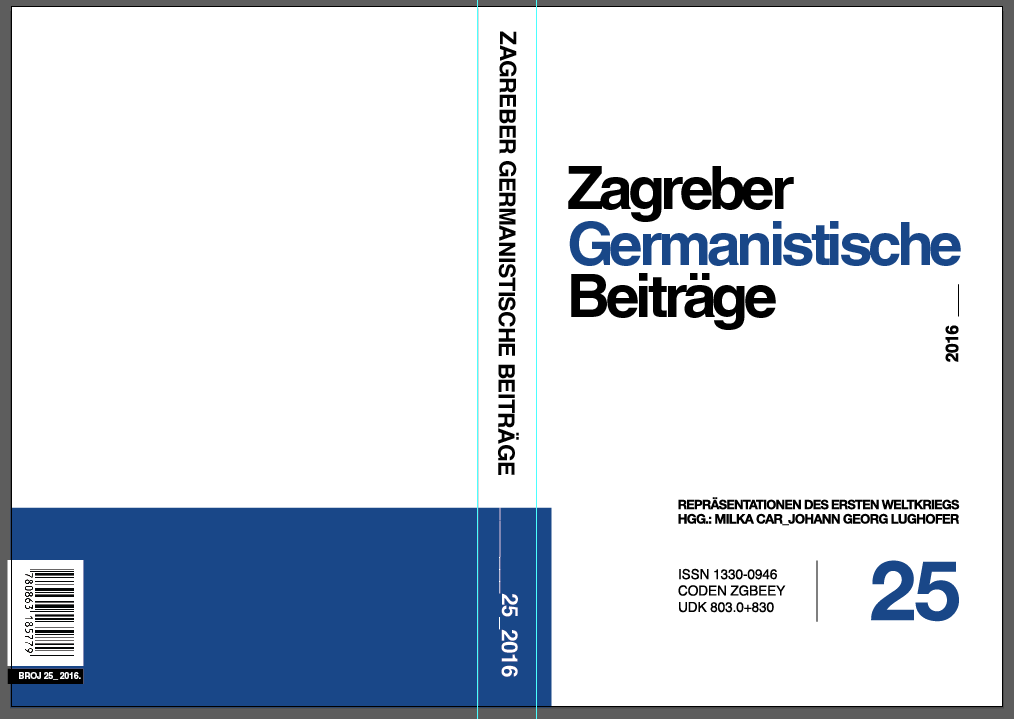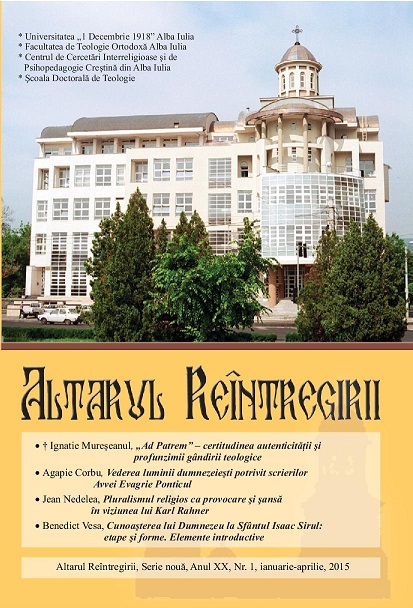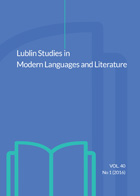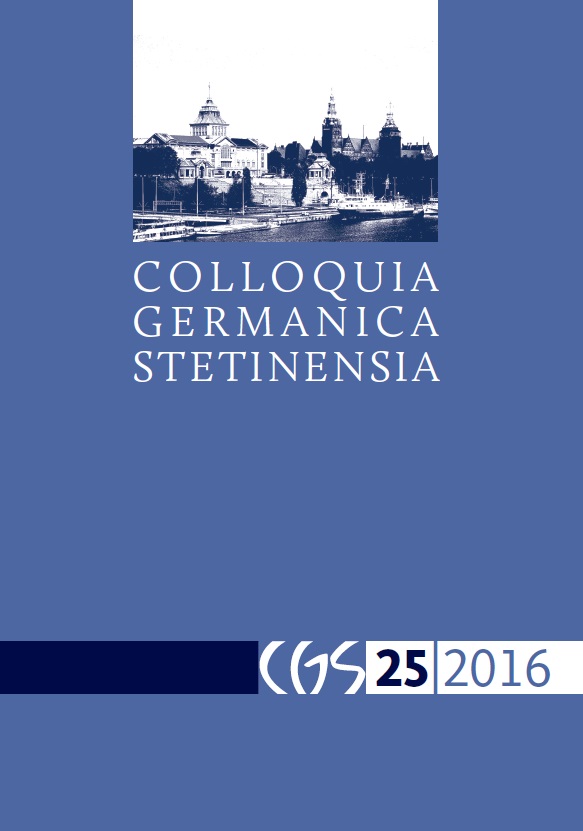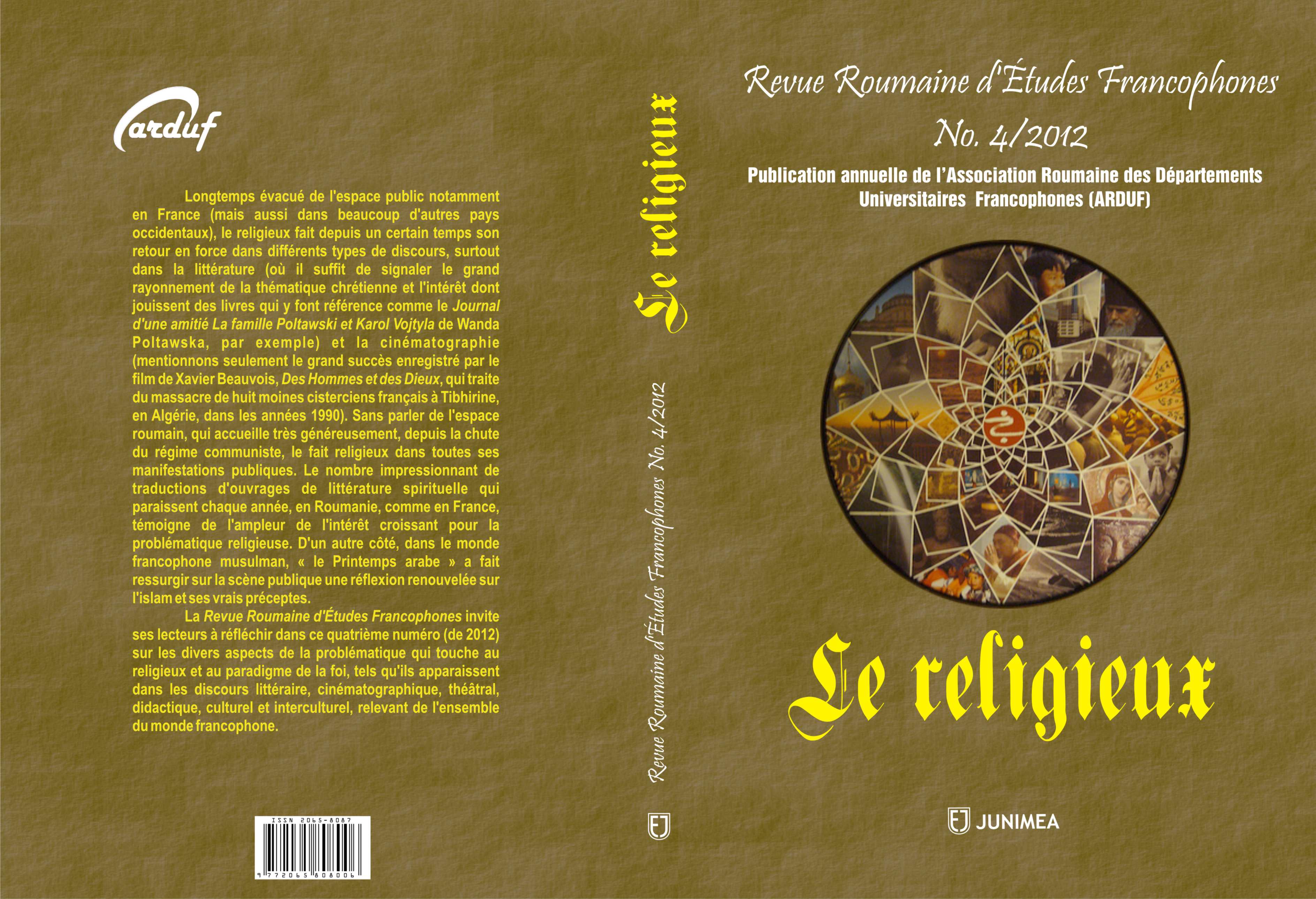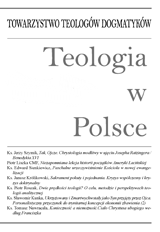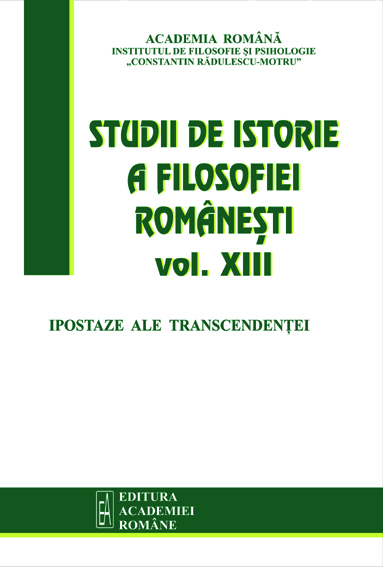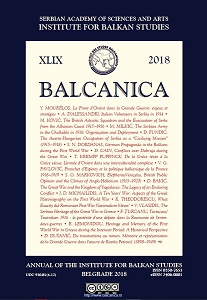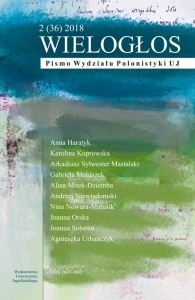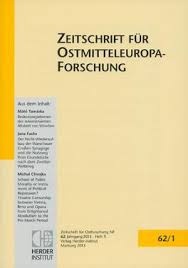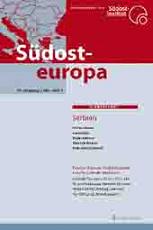
Topographies of Balkanisation
Topographien der Balkanisierung
Abstract: Maps drawn by cultural policies and the arts have accompanied the political and territorial rearrangements of South East Europe during the 20th century. At the be-ginning stands the Yugoslav avant-garde movement Zenitizam. It proclaimed the ʺBal-kanisation of Europeʺ as a programme of creative destruction of established aestheti-cal-ethical and political systems, to be achieved by unleashing the Balkanic force. De-lineating the semantic shifts in the reassessment of the terminus technicus ʹBalkanisa-tionʹ, the cultural and artistic topographies reveal the coherence between politics, vio-lence and art. The paper discusses these topographies and the implicit strategies of demarcation that are in contrast to stereotyped concepts of the Balkans and Yugosla-via. In these strategies, ʹBalkanisationʹ manifests itself as a figure that runs opposite to the delimitation of geographical, political and cognitive spaces.
More...
